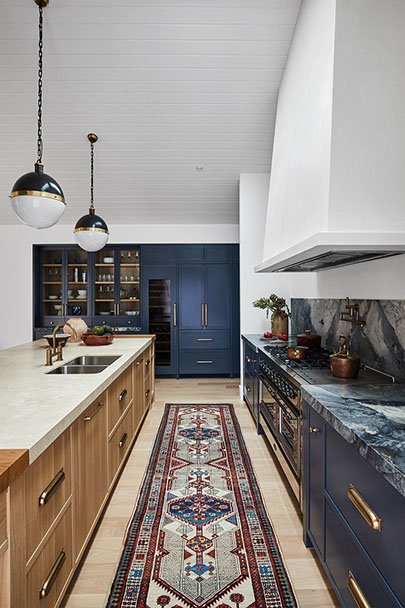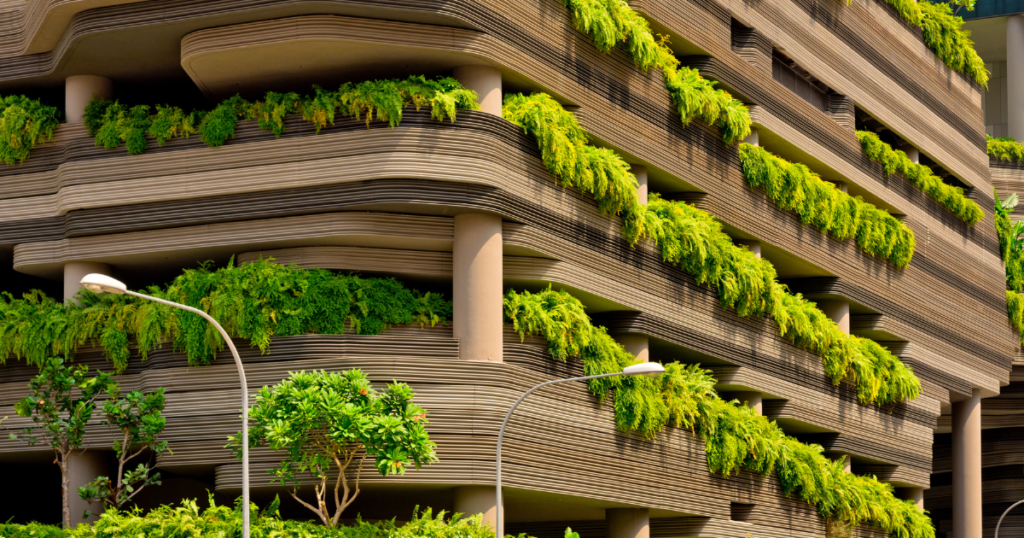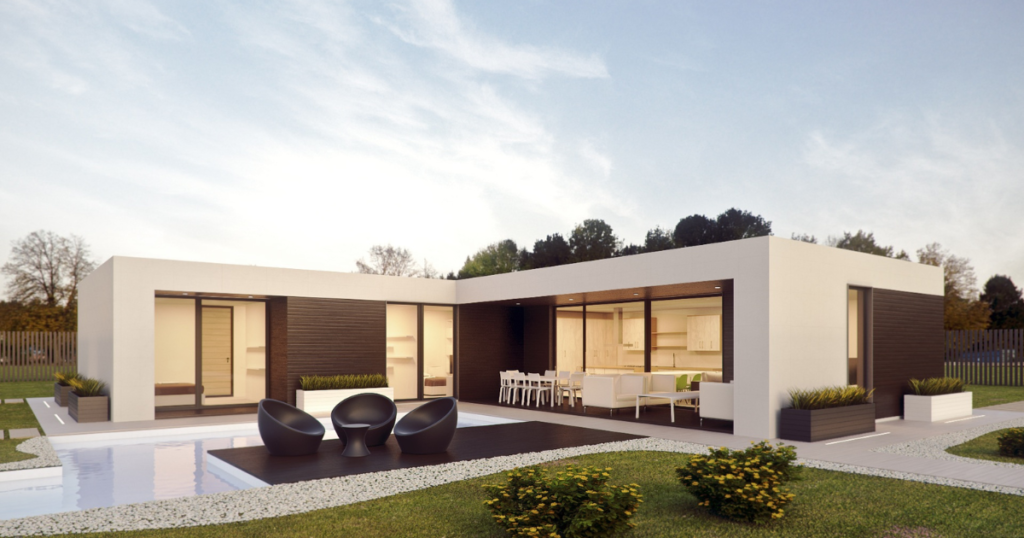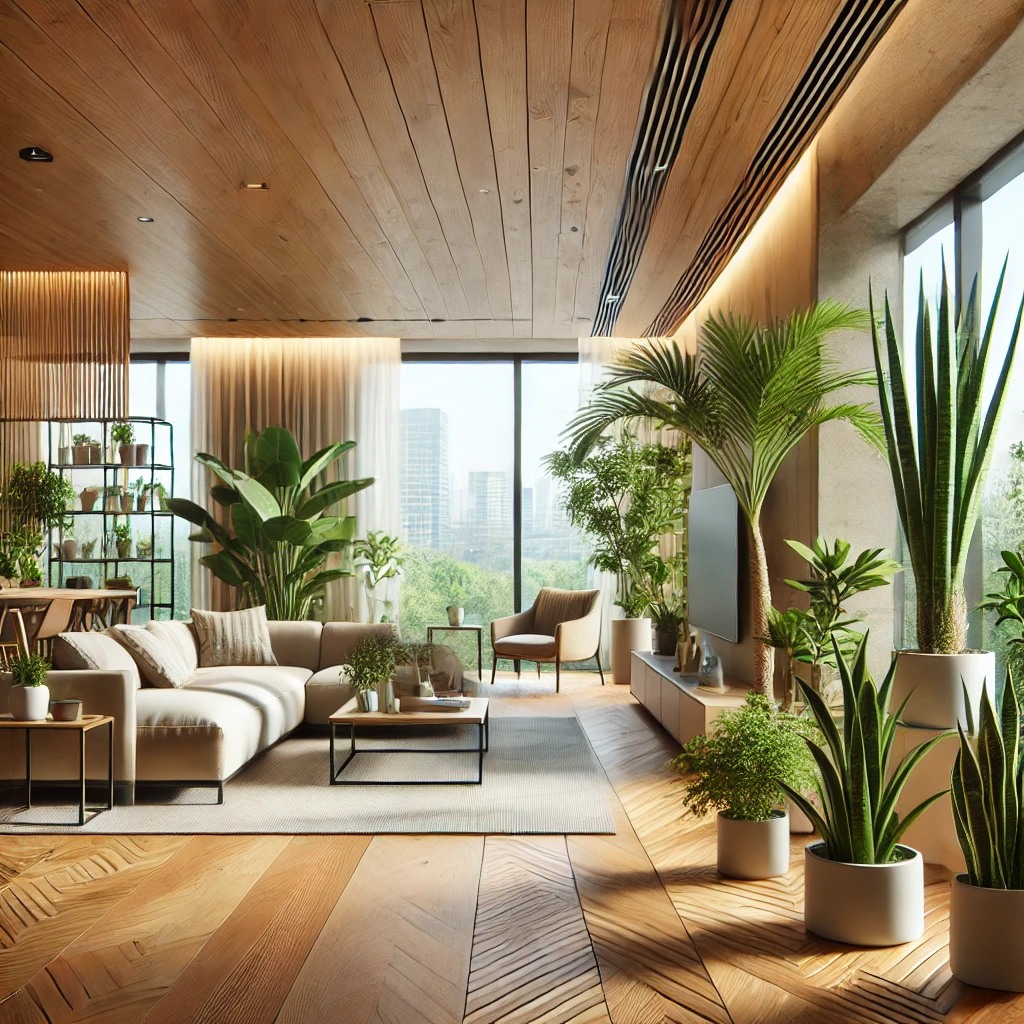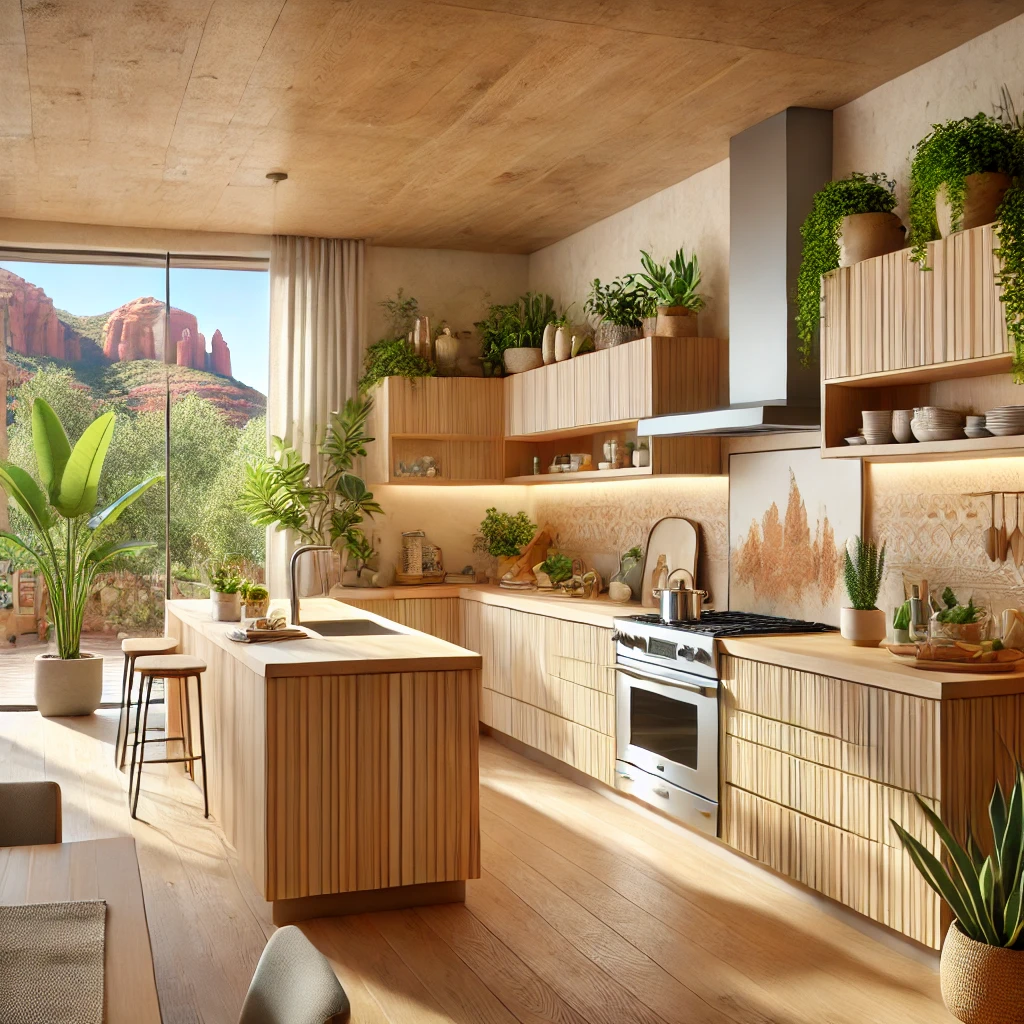Blue Light – What Is It and How Does It Affect Us?
Blue light is light with a shorter wavelength and higher energy. Our biological clock, also known as the circadian rhythm, is influenced by blue light. Exposure to blue light in the morning helps wake us up and increase alertness. However, excessive exposure to blue light in the evening can disrupt our sleep patterns by suppressing melatonin release. Changes in sleep: The frequency of blue light can impact our biological clock and cause sleep disturbances. It is essential to control and use blue light correctly and professionally to maximize its benefits for us and our bodies in terms of fatigue and alertness.
What is Melatonin?
Melatonin is a hormone produced by the pineal gland in our brain. Melatonin plays a crucial role in regulating our sleep-wake cycle. Thus, the body “knows” when to feel tired and when to be alert. Similar to a baby who gets tired every 3 hours and needs sleep, an adult also
knows when to feel fatigued due to the biological clock influenced by the hormone melatonin. There is significant importance to natural light, especially during the day, as it helps synchronize our circadian rhythm and promotes melatonin production at the right times. This helps us maintain a healthy sleep pattern, making us more tired and inclined to sleep when needed and more alert during the day (while working), resulting in better quality sleep.
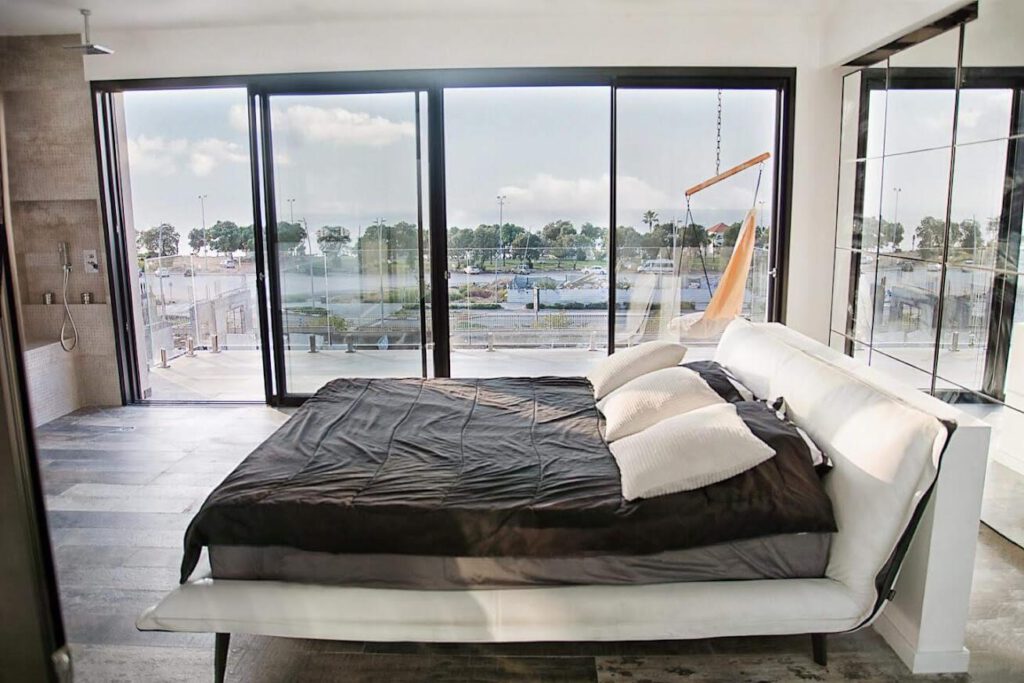
Light Pollution
Light pollution in the home is a phenomenon that occurs for several reasons. The first is when there are multiple strong external light sources that shine directly into the home. Second, when nighttime lighting is stronger than necessary. Additionally, using strong indoor lighting near bedtime can also lead to light pollution. This phenomenon negatively affects alertness when it’s not needed and disrupts the natural balance between wakefulness and tiredness. Below are several actions and elements that can reduce light pollution in the home:
- Use low lighting in the evening and at night.
- Use energy-efficient light bulbs.
- Avoid direct and concentrated lighting.
- Install blinds and curtains.
- Incorporate plants.
- Use candles in the evening.
Natural Light
Natural light, which is obtained during daylight hours, has a positive impact on humans. The amount of natural light we receive indoors affects our melatonin levels. Adequate exposure to natural light during the day helps regulate melatonin production, direct its usage for our benefit, and allows us to feel more alert and awake. On the other hand, insufficient exposure to natural light, especially in the evening hours, can disrupt our melatonin levels, leading to sleep problems and a snowball effect of chronic fatigue during the day. Proper use of natural light can also save money by reducing the need for artificial lighting and electricity consumption. Therefore, in eco-friendly homes, there is an increased emphasis on utilizing natural light.
Advantages of Natural Lighting:
Natural lighting offers several advantages for our physical and mental well-being. First, it enhances our mood and overall sense of well-being, as sunlight triggers the release of serotonin, often referred to as the “happiness hormone.” Second, natural light improves productivity and focus, making us more alert and energetic. Finally, exposure to natural light can positively impact our health by supporting the production of vitamin D (from natural light) and reducing the risk of certain health conditions. Of course, there is an additional benefit to natural lighting in designs that incorporate natural vegetation. Natural light aids in photosynthesis and contributes to clean air, thereby improving our health.

Lighting Planning for Different Spaces in the Home:
As you can imagine, each space in your home has different lighting needs and purposes. For example, in a bedroom, it’s desirable to have lighting that is not too bright, especially in the evening hours. Similarly, when it comes to natural lighting during the daytime, those who want an afternoon nap would find it illogical to use blinds that let in too much light. When we want to prepare for sleep and there’s importance to our natural fatigue, it doesn’t make sense to use strong or excessive lighting in the room. In the living room, the situation is entirely different. For most of the day, you’d want to maintain good natural lighting with plenty of light coming in from outside and use it in the right directions. In the bathroom, there’s an importance for strong natural lighting, especially for women who apply makeup and need strong lighting. Of course, there are many more examples, but to cover them all, you’ll need the expertise of a professional.
In summary, the integration of natural lighting into our living spaces provides a complete holistic experience. This is why I place significant emphasis on its incorporation in every interior design project, as it serves as one of the foundations of the unique design method I have developed, which combines the body, mind, consciousness, and design. This is the reason that people residing in the projects I design feel good, live comfortably, and receive positive energy from the homes I create for them. Please feel free to get in touch and learn more about the unique method I’ve developed and how I use natural lighting to enhance your well-being and energy in your home, in a way that is harmonious with both body and soul. I would be happy to assist you with suitable design and provide guidance on all related matters.
